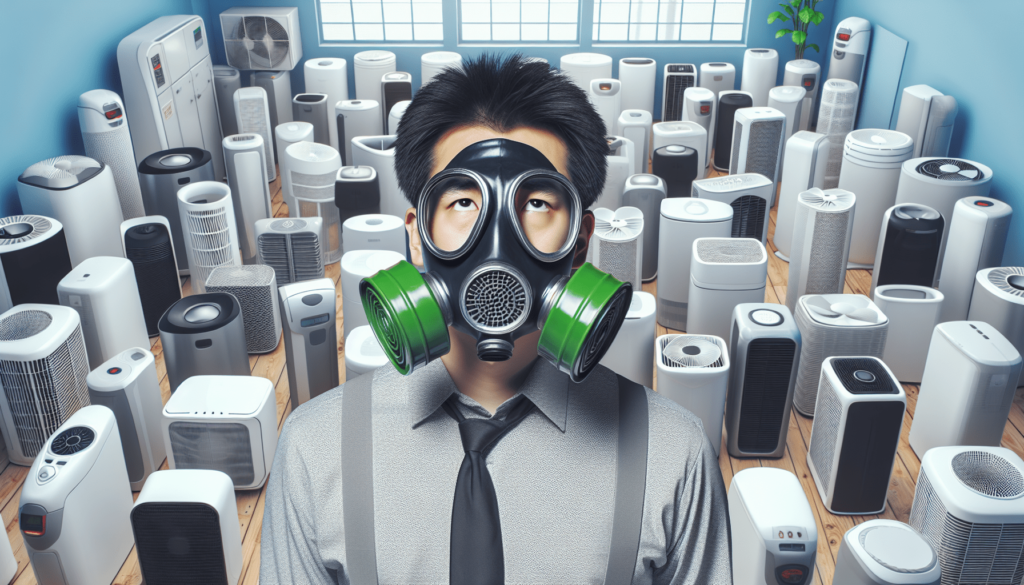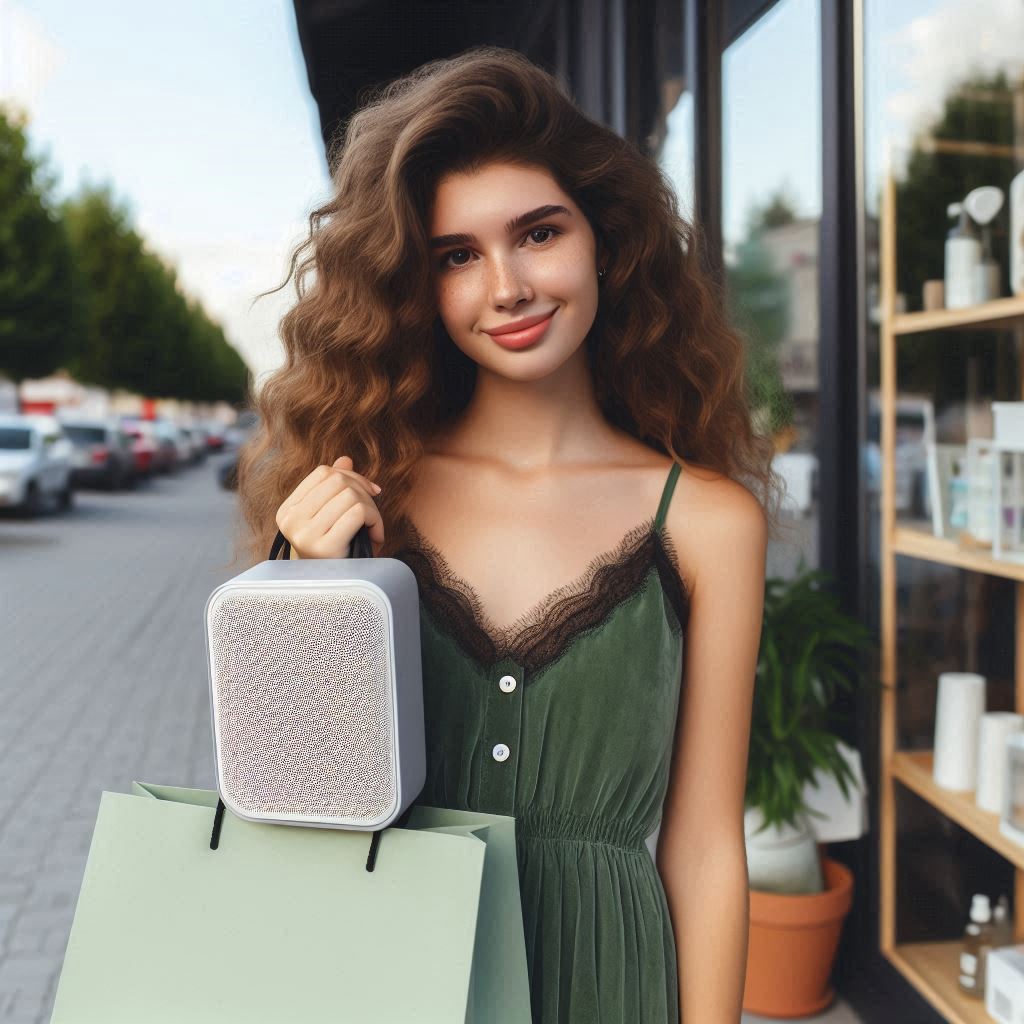Welcome to a guide on what to avoid when buying an air purifier. With so many options on the market, it’s important to be aware of common pitfalls. Avoid purchasing based solely on price, as cheaper models may not offer the desired level of filtration. Additionally, steer clear of air purifiers that produce harmful byproducts or use ineffective technologies. By being mindful of these factors, you can make a well-informed decision and choose the best air purifier for your needs.
What To Avoid When Buying An Air Purifier?
Are you considering purchasing an air purifier to improve the air quality in your home? It can be overwhelming with so many options on the market. Knowing what to avoid when buying an air purifier is crucial in ensuring you make the right choice for your needs. From hidden costs to ineffective technologies, this article will guide you through the key factors to consider when shopping for an air purifier.
Costly Maintenance and Replacement Filters
When investing in an air purifier, it’s essential to consider not only the upfront cost but also the maintenance expenses that come with it. Some air purifiers require expensive replacement filters that need to be changed regularly to maintain optimal performance. These ongoing costs can add up over time and significantly increase the overall cost of owning the device.
It’s recommended to look for air purifiers with washable or reusable filters to minimize ongoing expenses. While these models may have a slightly higher initial cost, you will save money in the long run by not having to purchase replacement filters regularly.
Ineffective Technologies and Performance
Not all air purifiers are created equal, and some models may not effectively remove pollutants from the air. It’s crucial to research and understand the technology used in the air purifier you are considering to ensure it can effectively filter out harmful particles.
Avoid air purifiers that rely solely on ionizers or ozone generators, as these technologies may produce harmful byproducts like ozone. Look for air purifiers with HEPA filters, which are proven to capture particles as small as 0.3 microns with high efficiency. Additionally, consider models with activated carbon filters to remove odors and VOCs from the air.
Overlapping Features and Unnecessary Extras
When shopping for an air purifier, you may come across models with a wide range of features and extras that may not be essential for your needs. While smart capabilities, air quality sensors, and programmable timers can be useful, they may also drive up the cost of the air purifier without adding significant value.
Focus on the core features that matter most to you, such as the type of filter used, the size of the room it can cover, and the noise level. Avoid paying extra for unnecessary bells and whistles that you may not end up using.
Misleading Marketing Claims and Certification
It’s essential to be cautious of misleading marketing claims when considering different air purifiers. Some manufacturers may exaggerate the capabilities of their products or make unsubstantiated claims about their performance. Look for air purifiers that are independently tested and certified by reputable organizations like AHAM (Association of Home Appliance Manufacturers) or Energy Star.
Avoid air purifiers that make extravagant claims about their effectiveness without any scientific evidence to back them up. Look for products with clear specifications and performance data to make an informed decision about their suitability for your needs.
Poor Customer Service and Warranty Support
Before purchasing an air purifier, it’s crucial to research the brand’s reputation for customer service and warranty support. In case you encounter any issues with your air purifier, you’ll want to have reliable customer support to address your concerns promptly.
Avoid brands with a history of poor customer service or a lack of warranty coverage for their products. Look for air purifiers backed by a solid warranty and responsive customer support to ensure a smooth and hassle-free experience with your purchase.
Neglecting Room Size and Coverage Area
One common mistake to avoid when buying an air purifier is neglecting to consider the size of the room where you plan to use it. Air purifiers are designed to cover specific square footage, and using a model intended for a smaller area in a larger room will compromise its effectiveness.
Be sure to measure the square footage of the room where you will be using the air purifier and choose a model with the appropriate coverage area. Oversizing or undersizing the air purifier can lead to inefficient air purification and may not effectively clean the air in your space.
Ignoring Noise Levels and Operational Sounds
Another factor to consider when selecting an air purifier is the noise level produced during operation. Some models can be loud and disruptive, particularly when used in bedrooms or other quiet areas of the home. Ignoring noise levels can lead to discomfort and dissatisfaction with the air purifier’s performance.
Look for air purifiers with adjustable fan speeds or a quiet sleep mode to minimize operational noise. Consider reading customer reviews and feedback to get an idea of the noise levels of different models before making your purchase.
Inadequate Air Quality Monitoring and Feedback
To ensure that your air purifier is effectively cleaning the air in your home, it’s essential to monitor the air quality regularly. Some models come with built-in air quality sensors that provide feedback on pollutant levels in real time, allowing you to adjust the settings for optimal purification.
Avoid air purifiers that lack air quality monitoring capabilities or feedback mechanisms, as they may not provide accurate information on the effectiveness of the device. Look for models with clear indicators or displays that show the current air quality status and make adjustments as needed.

Lack of Portability and Mobility
If you plan to use your air purifier in multiple rooms or move it around the house as needed, consider the portability and mobility of the device. Some air purifiers are bulky and heavy, making them challenging to move from one location to another.
Avoid air purifiers that lack handles or wheels for easy transportation, especially if you anticipate moving the device frequently. Choose a model that is lightweight and compact, with convenient features for mobility, to ensure flexibility in using the air purifier throughout your home.
Disregarding Energy Efficiency and Operating Costs
When selecting an air purifier, it’s essential to consider the device’s energy efficiency and operating costs. Some models may consume a significant amount of electricity, leading to higher energy bills over time. By choosing an energy-efficient air purifier, you can reduce your environmental impact and save money on electricity.
Look for air purifiers with the Energy Star certification, which indicates that the device meets strict energy efficiency standards set by the Environmental Protection Agency. Avoid models with high wattage or power consumption that may result in higher operating costs in the long run.
Wrap-Up
By keeping these key factors in mind and avoiding common pitfalls when buying an air purifier, you can make an informed decision that meets your needs and budget. Remember to prioritize cost-effective maintenance, effective filtration technologies, essential features, and reputable brands with good customer support. With the right air purifier, you can enjoy cleaner and fresher air in your home, promoting better health and well-being for you and your family.
Happy air purifier shopping!

